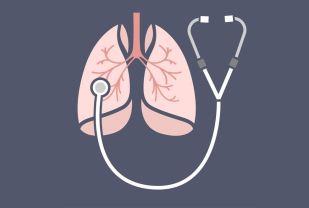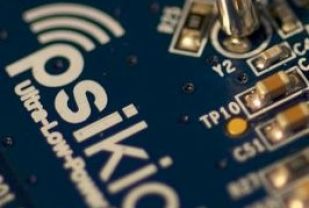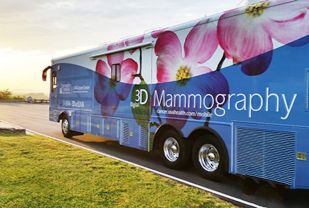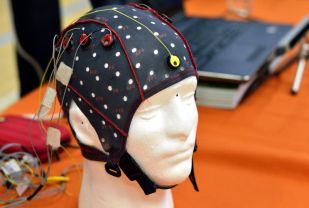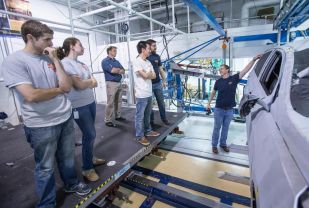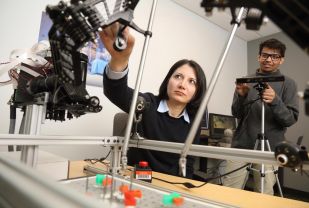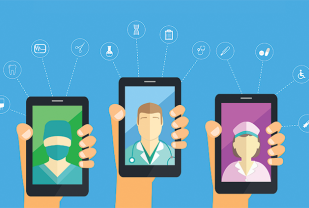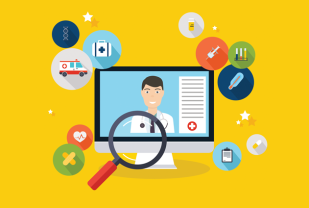A new program will use telehealth to bring together a University of Virginia Health System team with primary care providers in the Appalachian region of Virginia to improve lung disease prevention, diagnosis and treatment.
Technology
Filter by Region, Sector, or Focus
The School of Data Science – UVA’s 12th school and the first established since 2007 – will position the University as a global leader in efforts to improve society through teaching and research based on the powerful, emerging field of data scie
UVA Today
Sponsored by the National Security Agency (NSA) and the Department of Homeland Security (DHS), undergraduate students can now complete courses within a "cybersecurity focal path," preparing them to fulfill workforce needs in Virginia and beyond.
UVA Engineering
UVA professors and administrators secured a nearly $7.6 million contract from the Defense Advanced Research Projects Agency to detect broad-spectrum cyber threats almost immediately after they are launched.
UVA Today
PsiKick is utilizing revolutionary ultra-low-power technologies from the Universities of Virginia and Michigan to build completely self-powered sensing systems that do not require batteries, can be deployed nearly anywhere, and unlock new data stream
The Wall Street Journal
A new UVA Cancer Center Without Walls initiative will empower Southwest Virginia residents to lead projects to better detect and prevent cancer in the region.
UVA Health System Newsr…
The UVA Center for Engineering in Medicine promotes innovation by embedding engineering students into clinical environments and nursing and medical trainees into engineering laboratories.
The Conversation
UVA's Center for Applied Biomechanics is taking a leadership role in analyzing populations with heightened vulnerability to traffic-related injury or death, specifically women and obese passengers.
UVA Today
NSF funding will allow UVA Engineering’s Link Lab to develop a new program that will train graduate students to make discoveries and then translate that knowledge into new technologies, products and services.
UVA Today
An app designed by researchers at the University of Virginia is proving that 'warm technology' - personalized and personal - can have an impact on patient engagement and care management.
mHealth Intelligence
UVA launched a first-of-its-kind study using telemedicine to detect bladder cancer in underserved parts of the state.
mHealth Intelligence
The Federal Communications Commission unanimously approved a $100 million program designed to support telehealth and telemedicine programs for underserved populations in rural areas.
mHealth Intelligence
